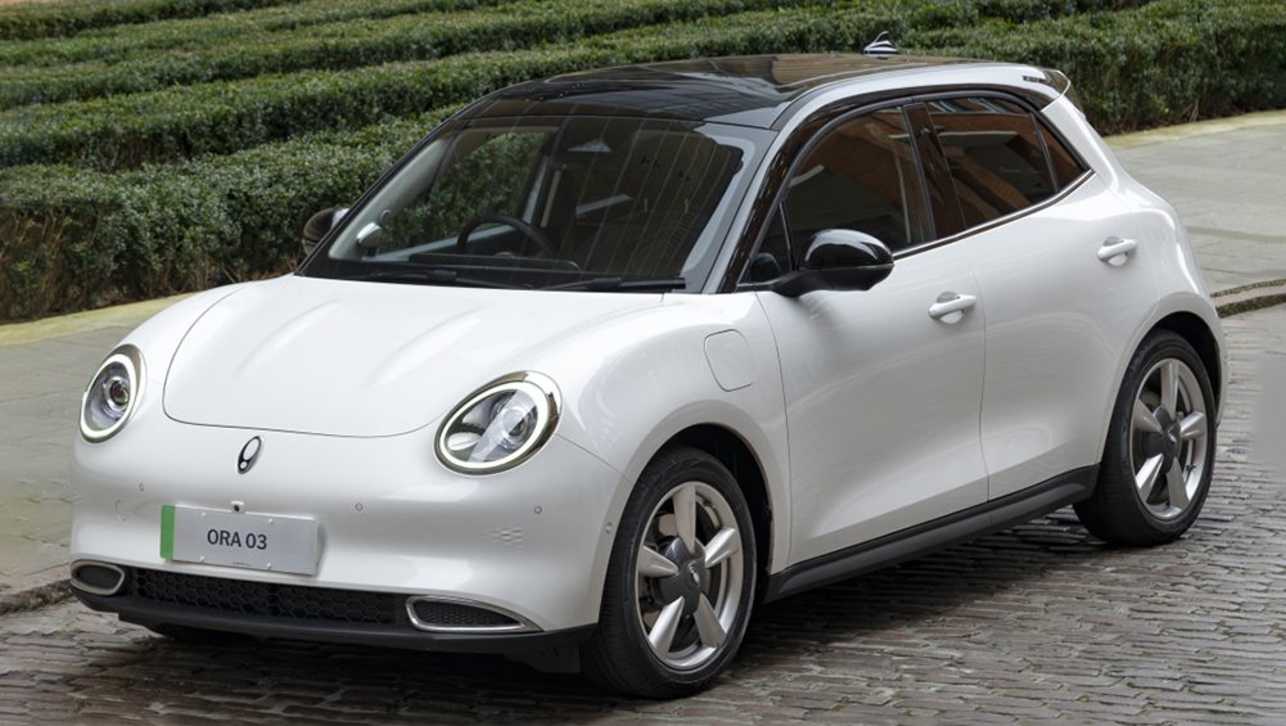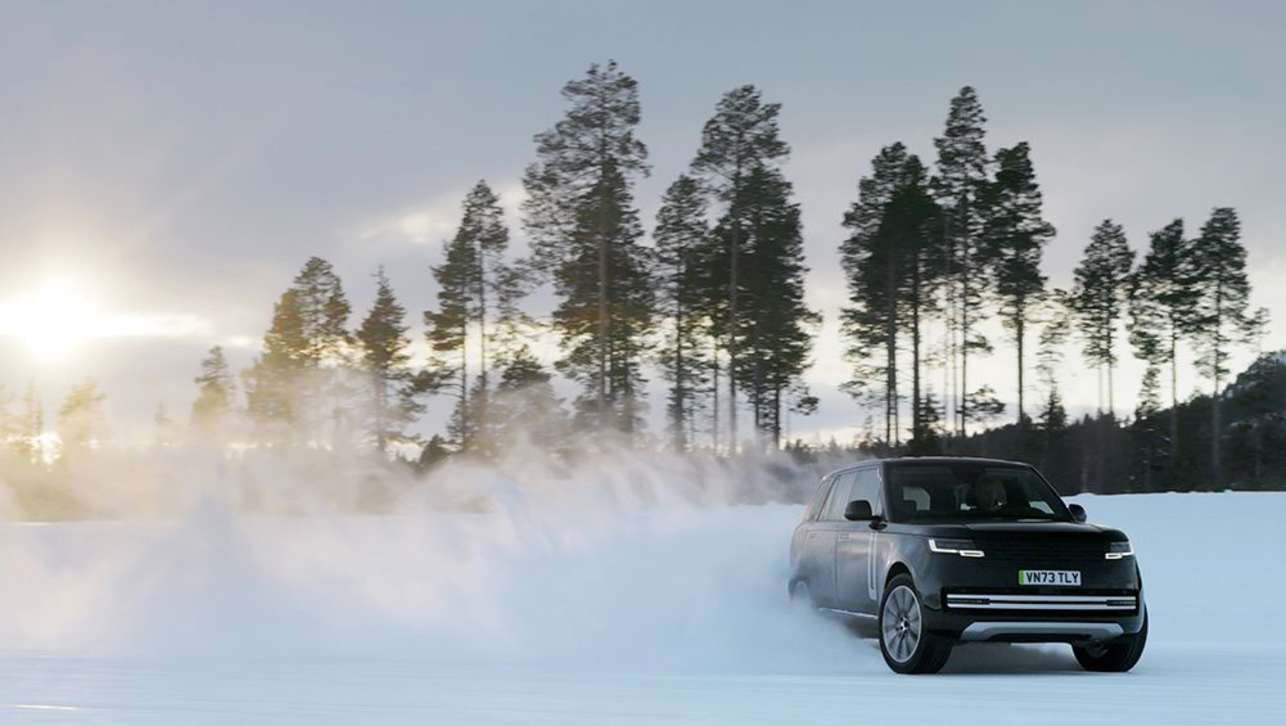Volkswagen has announced a new business strategy which it hopes will improve its profitability and climate neutrality toward 2030.
Dubbed ‘New Auto’, the brand’s master plan includes merging its current set of five modular platforms into just one fully electric one it calls the Scalable Systems Platform (SSP).
SSP will replace the currently successful MQB, MLB and MEB platforms on which most current Volkswagen Group passenger cars reside.
The SSP will be applied across all of the Volkswagen Group subsidiaries, including Audi, Skoda, Seat and Cupra. The brand says the new SSP platform will allow it to “reduce complexity [as well as] research and development costs as cars become more software-oriented”.
This is part of the brand’s major pivot toward being a “software-driven mobility company.” Its software division, Caraid, aims to develop one single software platform (aka operating system) for every single product offered by the VW Group.
It is part of the brand’s strategy to be able to charge for software components in the future, as Tesla currently does for its ‘self-driving’ upgrades. “By 2030, software can become a major source of income in our industry,” Caraid’s CEO said.
The unified software suite with paid features is earmarked to launch in 2025 and will replace the company’s initial versions of the suite, which are currently seen in the fully-electric ID.3 hatchback and ID.4 SUV.
.jpg)
Volkswagen is also working on a strategy to vertically integrate its battery component sourcing by 2030. It claims it will have “proprietary batter tech, charging infrastructure, and energy services” which, again like Tesla, could mean software-locked chargers for VW Group vehicles only.
Volkswagen is working on its new-generation battery tech to underpin future SSP models with partners in China and Sweden, and plans to build a ‘Gigafactory’ for battery production in Spain.
It claims these developments and controlling interests will allow it to develop a single battery cell with a 50 per cent cost reduction covering “up to 80 per cent of use cases” by 2030.
VW’s shift toward a further reliance on software will also allow it to focus on automation. It claims vehicles on the SSP platform will be built to be capable of SAE Level 4 autonomy, although the software and legal framework to allow it may not be available at the launch of vehicles on the new architecture. VW earmarks autonomy software as a particular source of “new revenue streams” in the future.
.jpg)
VW says it will be forced to reduce its combustion vehicle portfolio by 2025 as brutal Euro 7 emissions regulations loom, although its current range has a “robust margin” on profits which it expects its electric vehicles to match in the next three years.
According to VW’s local division, Australia is still at the tail-end of the German juggernaut’s global electric roll-out plans, as our lack of incentives for EVs or disincentives for combustion vehicles makes our market a low priority in the eyes of its German HQ.
The brand has recently welcomed the federal government’s fuel-quality standard improvements in the next two years, as it will allow VW Australia access to its range of hybrid variants which until now have been incompatible with Australia’s high-sulphur-content fuel. These improvements will also help the Australian division justify access to the MEB-based ID.3 and ID.4, which it claims will have sharp pricing.





.jpg)
.jpg)



.jpg)
.jpg)
.jpg)
.jpg)


.jpg)

.jpg)
.jpg)
.jpg)
.jpg)
.jpg)
.jpg)
.jpg)
.jpg)




Comments